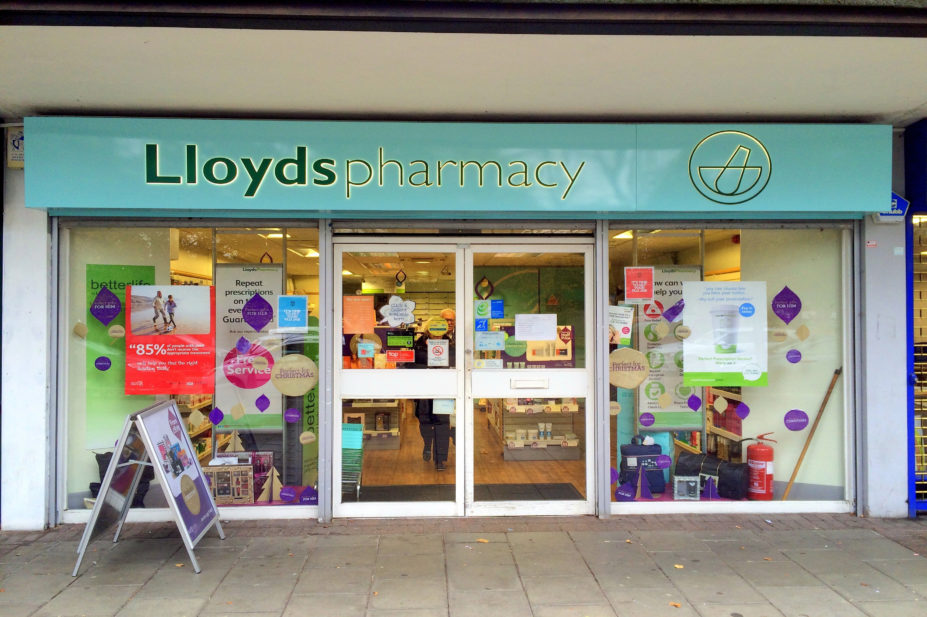
Shutterstock.com
LloydsPharmacy has reported a loss of £165m in 2018/2019 — £10m more than the deficit accrued in its previous financial year.
According to its latest accounts report, published on 5 January 2020, the company’s turnover dropped 8.5% from £2.16bn in 2017/2018 to £1.98bn in 2018/2019.
In the report, Marcus Hilger, board member responsible for finance at McKesson UK — LloydsPharmacy’s parent company — said that the 2018/2019 financial year was “exceptionally challenging”, citing “continued reductions to the remuneration available for pharmacies in England” and additional decreases in drug reimbursements in July and October 2018, and January 2019.
Store profitably had been “significantly impacted” by these factors and a portfolio review had led the company to “close or divest 60 stores,” he said.
The company went on to report that there remained an “incessant focus on operational efficiency”, and the remaining store portfolio was continually being assessed to ensure “appropriate remediation activities are undertaken on loss-making stores”.
“Where appropriate, this includes expanding services offered out of pharmacy sites to improve utilisation of the store estate.”
In October 2017, LloydsPharmacy announced plans to close nearly 200 pharmacies, stating that “changes to government policy on reimbursement and retrospective clawback” had made many sites commercially unviable.
In November 2019, McKesson UK reported an adjusted operating profit of US$43m in the previous three months of the 2019/2020 financial quarter, which was 19% less than the profit made in the same financial quarter in 2018/2019. At the time, the company cited “continued weakness in the UK retail pharmacy environment” as a reason for the drop in profit.
Commenting on the accounts, a spokesperson for LloydsPharmacy told The Pharmaceutical Journal that its financial performance in 2018/2019 was impacted by a “challenging retail environment, combined with increasing costs and decreased funding”.
“The government has frozen community pharmacy income for the last three years, which has inevitably squeezed the margins for all operators in the sector. Freezing it for an additional five years will mean further challenges, especially as costs, such as the living wage, continue to rise,” the spokesperson said.
They added that, despite the year’s financial losses, “unlike some parts of the sector, LloydsPharmacy has a robust plan and continues to invest for the future”.
“We have evolved to face the changes in consumer behaviour and offer a true omnichannel experience combining the strength of our community presence with our Echo by LloydsPharmacy online service,” they said, adding that the company has also “invested in automation to release our talented pharmacy teams to add value to their customer interactions”.
McKesson UK said in November 2019 that it plans to double the number of items it dispenses through its centrally automated system from 5 million to 10 million items by June 2020.


